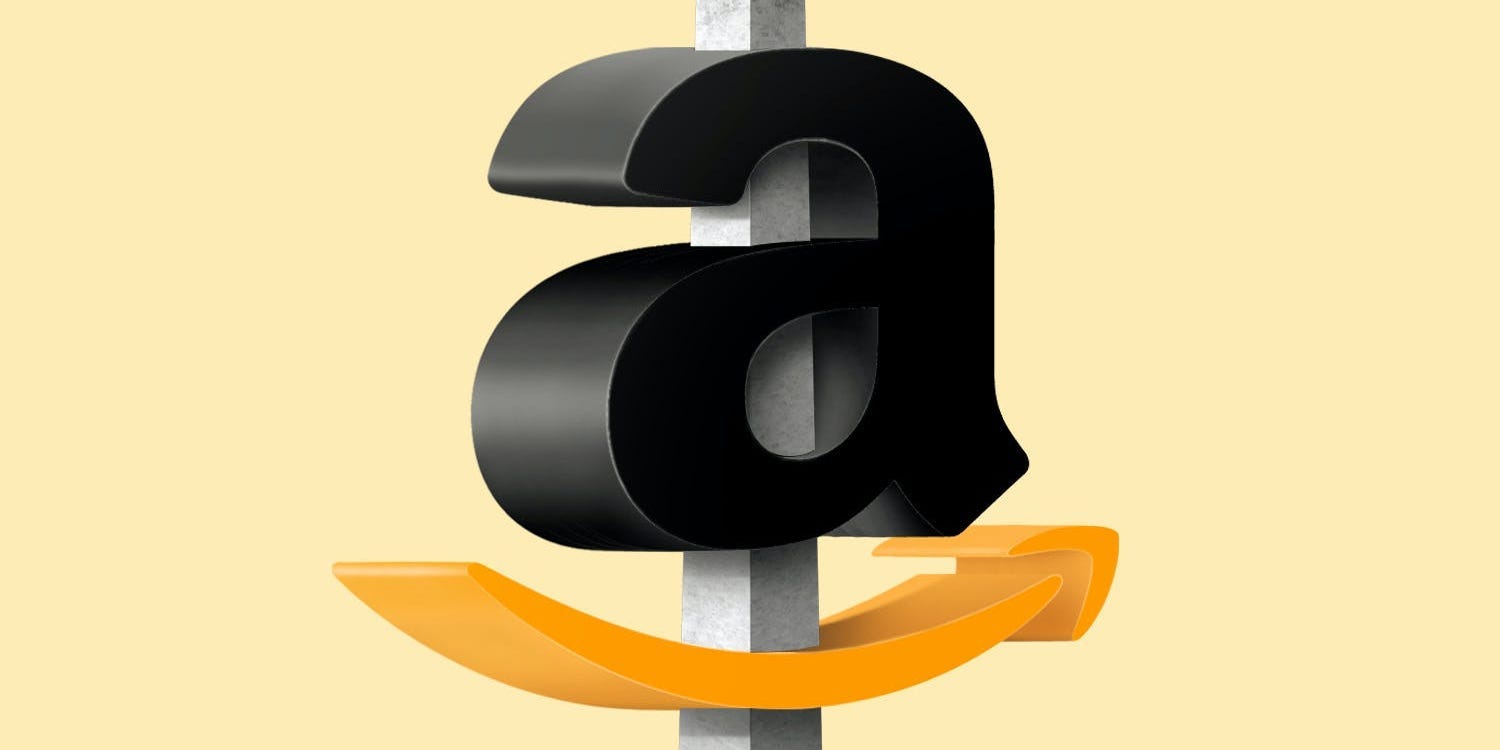
Francis Scialabba
- Tech stocks are "ridiculously cheap" despite antitrust fears, said Ram Parameswaran, founder and CIO of tech-focused fund Octahedron Capital.
- Speaking on Bloomberg's Odd Lots podcast, Parameswaran said big tech stocks, are undervalued in part because antitrust fears are overblown.
- Parameswaran is also bullish on smaller tech companies directly competing with the likes of Amazon: "There are riches in niches."
- Sign up here for our daily newsletter, 10 Things Before the Opening Bell.
Global tech stocks are "ridiculously cheap" despite antitrust fears, said Ram Parameswaran, founder and CIO of tech-focused fund Octahedron Capital.
Speaking on Bloomberg's Odd Lots podcast, Parameswaran argued that high-profile tech stocks like Amazon, Alibaba, and Peloton are so undervalued that investors are effectively getting paid to own the businesses.
In particular, Peloton "is such an incredible machine of hardware and software [that] if you strip out the hardware business, you get paid to own the entire subscription business," he told the Bloomberg hosts.
At a conference last month, Parameswaran laid out his thesis for Peloton, pointing to strong customer loyalty and robust margins.
Big tech stocks, said Parameswaran, are undervalued in part because antitrust fears are overblown. He noted that even the worst-case scenario of a forced break-up and stricter regulation would likely be accretive for investors, since the constituent companies like Amazon's AWS would be worth more than the overall company currently is.
Parameswaran is also bullish on smaller tech companies directly competing with the likes of Amazon. He said that sophisticated digital tools are now available to nearly any company, not just the incumbents. Firms like Shopify are offering ecommerce services at a discount, while others like Databricks are selling machine learning kits that don't require armies of data scientists.
For these smaller companies, there are "riches in niches," said Parameswaran. Online furniture store Wayfair can succeed by competing with Amazon on just the one category. And for Amazon, the so-called everything store, its competitive advantage will need to come in the form of shorter delivery times.
In the next few decades, Parameswaran sees technology companies growing to half or more of all global profits, up from around 10% today. That growth means tech will necessarily branch out into new and unexpected industries. As such, investors will need to think more broadly about what the tech companies' real "total addressable market" is, he said.
"When investors start thinking about the traditional offline market, we just have a very narrow definition of TAM," he said.
"One of my biggest mistakes in life is having narrow definitions."
